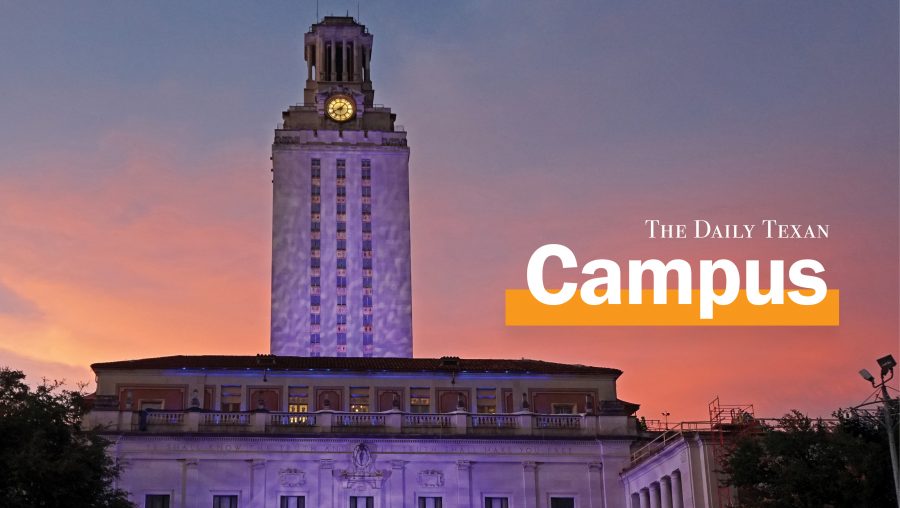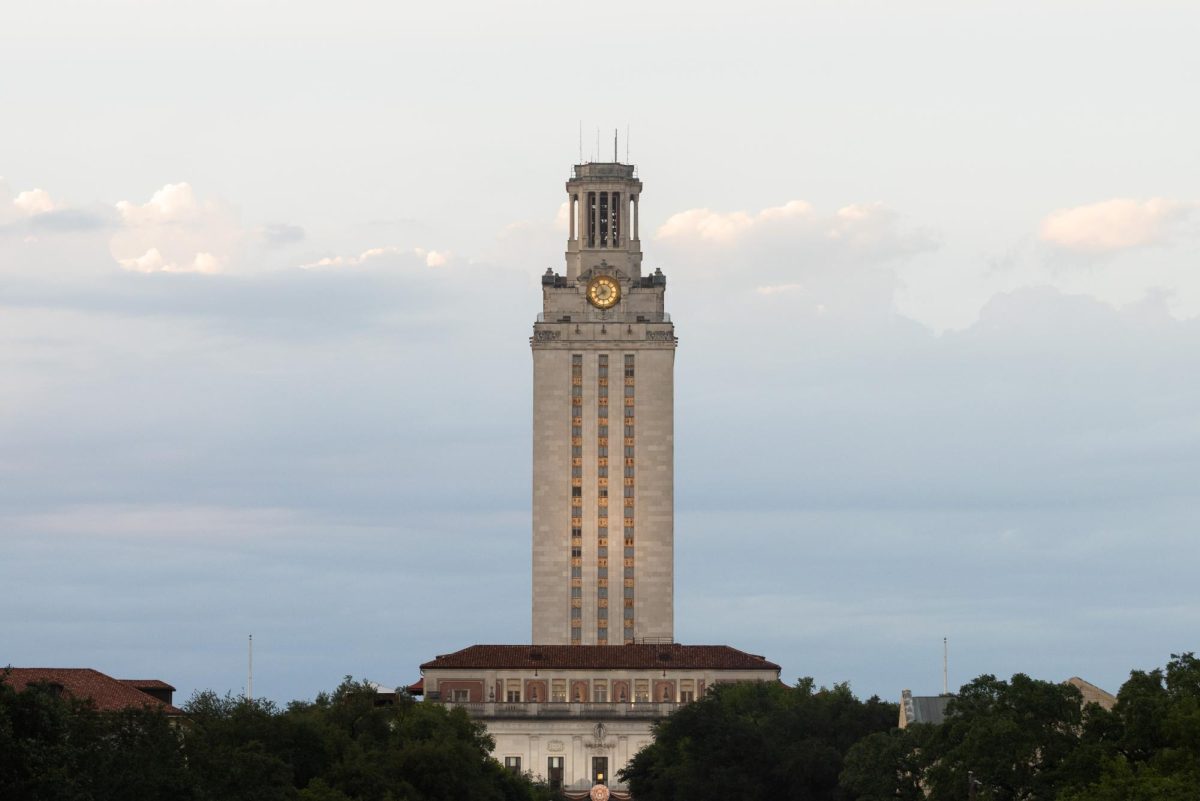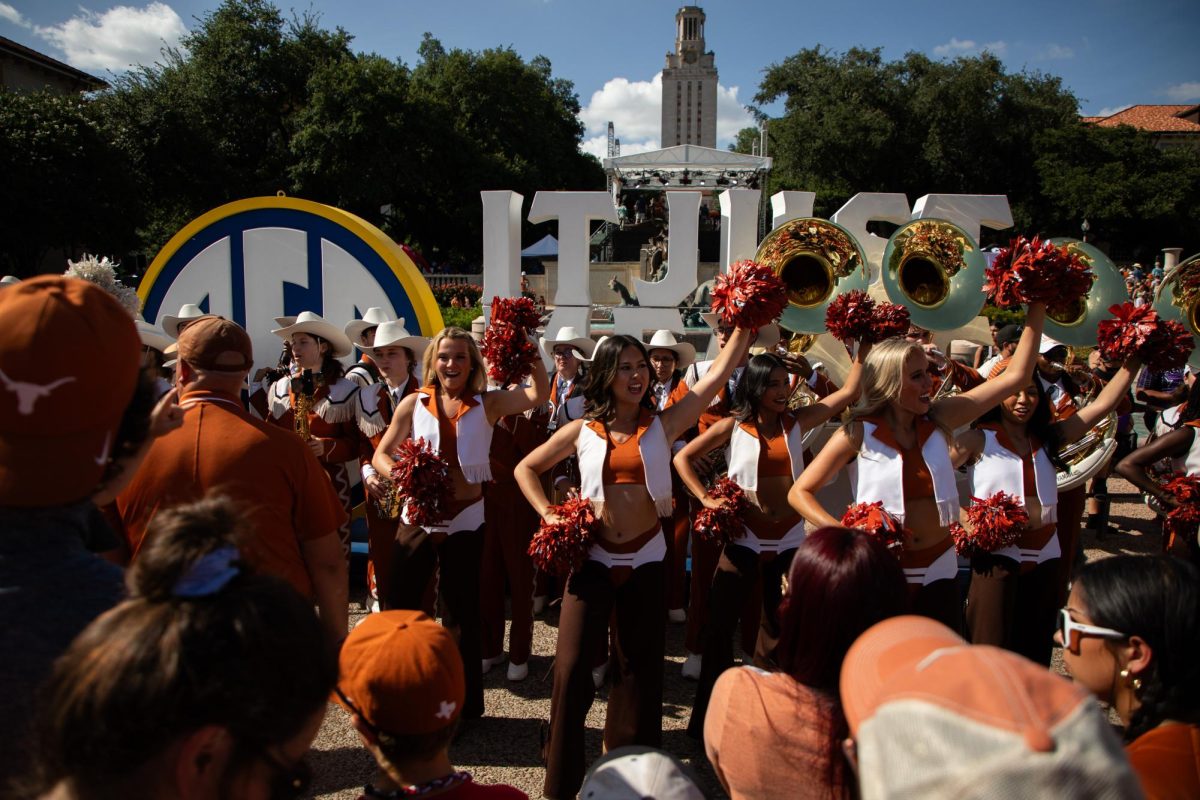Out of 78 total students at UT exempt from the meningococcal vaccination for the 2018–19 school year, 68 were exempt for reasons of conscience.
According to data obtained by The Daily Texan through a Texas Public Information Act request, the remaining students were exempt for medical reasons, age and one reason that could not be determined.
Under the Jamie Schanbaum and Nicolis Williams Act of 2011, all students under the age of 22 attending a university in Texas must get vaccinated for bacterial meningitis, a fatal infection that causes swelling of the membranes surrounding the brain. However, students can file an affidavit to receive an exemption from this requirement for medical reasons or reasons of conscience.
Rachel Wiseman, assessment, compliance and evaluation group manager at Texas Department of State Health Services, said reasons of conscience can include religious beliefs, political objections or alternate perceptions about the safety of vaccines. She said neither schools nor DSHS record-specific exemption reasons are listed in the affidavits.
“When the schools collect paperwork, as far as I know, they’re not taking specific information about why somebody is choosing not to be vaccinated, either,” Wiseman said.
While this number is a small proportion of students at UT, Melinda McMichael, the interim director for University Health Services, college students who do choose not to get vaccinated are more susceptible to contracting bacterial meningitis. McMichael said symptoms include headache, fever and stiff neck, and the disease can result in amputations, heart problems, kidney failure or death.
“As a physician and as someone who takes care of people’s health, I think it’s very distressing when people don’t get immunized,” McMichael said. “I’ve treated patients with polio. I’ve treated people with iron lungs. If people now could see how those diseases impacted people, they would not choose not to get vaccinated.”
Jamie Schanbaum had her fingers and legs amputated after contracting bacterial meningitis when she was a sophomore at UT in 2008. Schanbaum said she almost died from the disease.
“I saw my limbs go from red to purple to black to dead,” Schanbaum said. “I felt like I had thousands of pounds of sand in me. I was so immobile that I was literally dependent on nurses to roll me from side to side to prevent bedsores. That’s the condition meningitis put me in.”
While Schanbaum was at the hospital in 2009, her mother advocated to the Texas Legislature for the law requiring students living on-campus at Texas universities to get the meningococcal vaccine. Schanbaum helped amend the law in 2011 to require all students get the vaccine after Texas A&M student Nicolis Williams died off-campus from bacterial meningitis.
Schanbaum said while she understands people have their own personal and religious beliefs, she pushed for the law requiring every student to get vaccinated because it would protect the University community from contracting the disease.
“So many people are not vaccinated because of their beliefs or because it might be an inconvenience for them,” Schanbaum said. “I don’t want to disrespect that, but I just think it is so important to be educated about the vaccine. If I had gotten the vaccine, I would have been fine.”





















